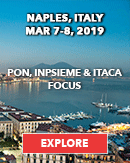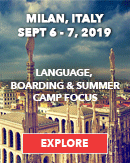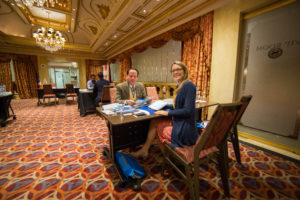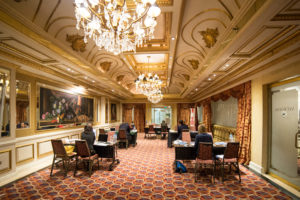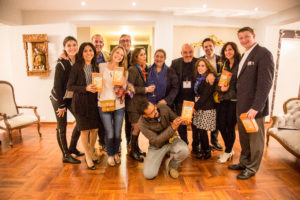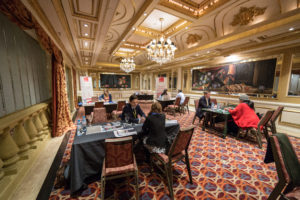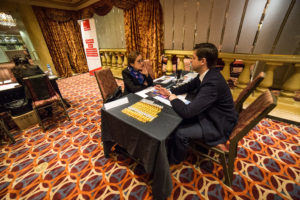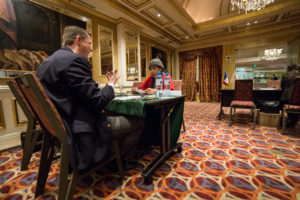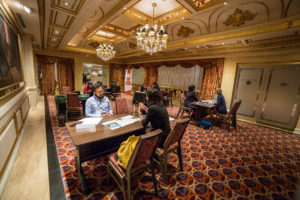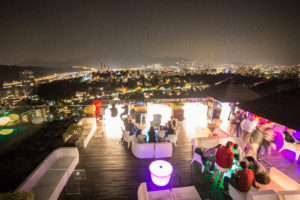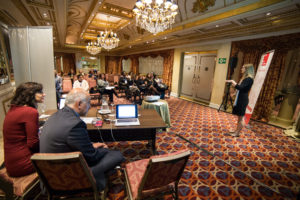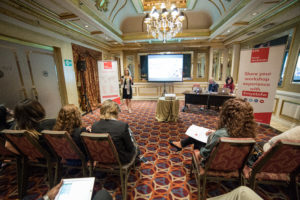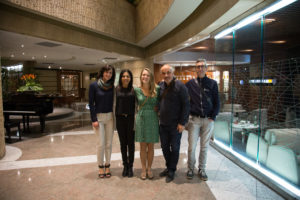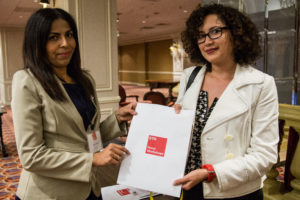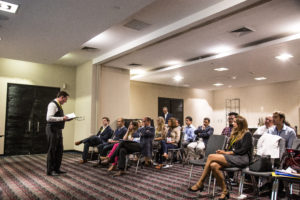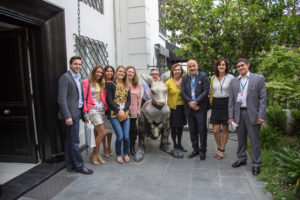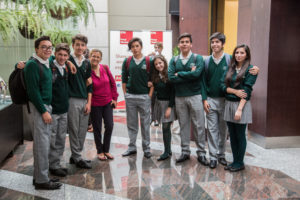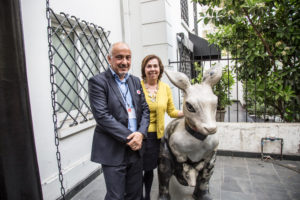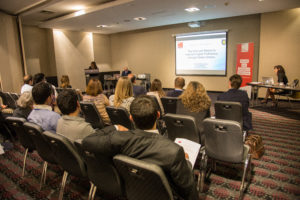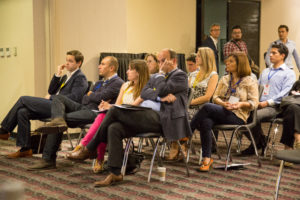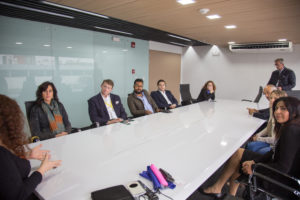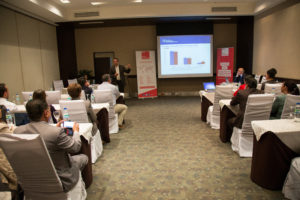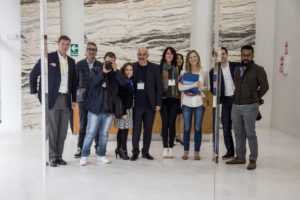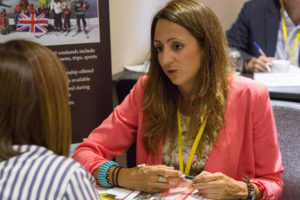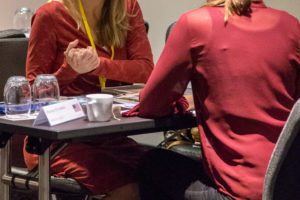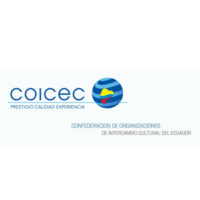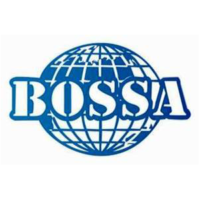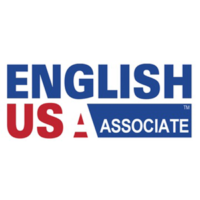Poland and Iran: What Can We Learn From Mixed Cultures?
Richard D. Lewis’ cultural typology model may be fascinating, but it is surely not exhaustive and universally applicable to each and every country in the world. There are many countries that actually do not fit straight into any of the 3 main types we’ve been discussing over the last couple of weeks.
For instance, we see Turkey, Iran and Kazakhstan somewhere between the multi-active and reactive types. This suggests that while these cultures are definitely people-oriented, they also put a lot of importance on observation and contemplation.
Eastern European countries (ie. Poland, Bulgaria and Ukraine), on the other hand, present themselves as mixtures of linear-active and multi-active elements. They strive to adopt a project-oriented approach, but using people skills is what eventually completes the project.
Now, let’s take a deeper look at a couple of countries that are particularly good examples of the mixed culture types.
Poland
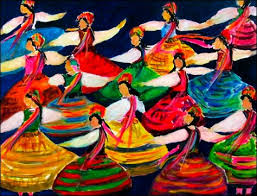
Poland is a country on the border between two civilizations: Western European and Eastern Slavic. It sees itself as the Eastern frontier of Christianity. This historical background has had a profound impact on the Polish culture, traditions and national character.
20th century Europe was intense, and Poland was the center of dramatic historical events. People warmly welcomed the major change of 1990s, which brought economic liberalisation, better management and lower unemployment rates. Poland’s growth slowed down in 2013, but got back up in 2014/15. Now, the plan is to further strengthen the economy and work on the country’s current challenges.
There are smany artefacts from the Soviet Union you can still see in Poland, such as the poorly managed centralized government overridden with corruption. Nevertheless, the situation is improving rapidly. With its big territory, good trade infrastructure, plentiful resources and high rates of emigration, Poland is a land of opportunity for anyone who is ready to work hard.
What is important to know about Poland?
- It’s a country that’s in-between: Due to historical circumstances, Poland always had to make compromises and work its way around difficult situations. In the early 19th century, Poland was seeing itself as part of Western culture. Occupation during Soviet times, however, put a halt on this dream for half a century.
- Individualism is an asset, family is important: One of the main traits of communism is collectivism, which puts the value of community before that of the individual. After the fall of the Iron Curtain, most Polish people tried to distance themselves from this idea. Poland is also a Catholic country, placing great importance on the individual responsibility for one’s own actions. This is where cultural duality comes from: people strive to be seen as an individuals, but they also look for approval and appreciation from families and the local community.
- Fast growth due to great strategic planning: Poland was one of top 3 countries showing fastest economic growth and among the few that didn’t suffer greatly in the 2008/09 economic crisis. All this was the result of strict strategic planning and measures taken beforehand. With its educated and skilled workforce, Poland is planning to join the Western Europe as a major economic power very soon.
Iran
Iran is a diverse country, both for its geography and demography. It is a huge country with a typically harsh climate, full of mountains and deserts, but with few rivers and lakes. This natural landscape has forced the Iranian people to squeeze into small inhabitable regions with very high density of population. The Iranian society is widely homogenous, unified both by language (Persian) and religion (Islam).

After a long run of strict authoritative governments, Iran elected a moderately conservative president in 2013. This has brought hopes for much needed reforms of many education and social issues.
What is important to know about Iran?
- Locals are very proud of their culture: Iranians have developed a sophisticated civilization with advanced science and incredible art. No wonder why they are so proud about it and openly expressing their pride on every possible occasion.
- They highly value individualism: Due to the country’s history and strict political situation, Iranians highly value their own well-being and families. Both their own community and people from abroad often see them as very individualistic.
- Pragmatic, rational and scientific:Iranians take great pride in their scientific discoveries and aptitude for rationality. They are also famous for their patience, sophistication and diplomacy. While these qualities are regarded highly, they may be taken with a pinch of salt in particular contexts. For instance, when a seller on the local market (bazaar) wouldn’t take no for an answer.
- Seeing themselves as highly spiritual: With Islam being the country’s official religion, most Iranians are highly spiritual. Even more so when comparing themselves with the “materialistic” West. What is important to remember here is that even if religion and the state are seen as inseparable, institutions are not seen as completely faultless: Iranians are having quite a lot of stereotypes about corruption and hypocrisy among the ranks of high government, as well as religious officials.
What is your experience with students coming from the mixed culture type? Do you think that countries like Poland and Iran have potential to become important future sources of international students? Share your thoughts in the comments!








